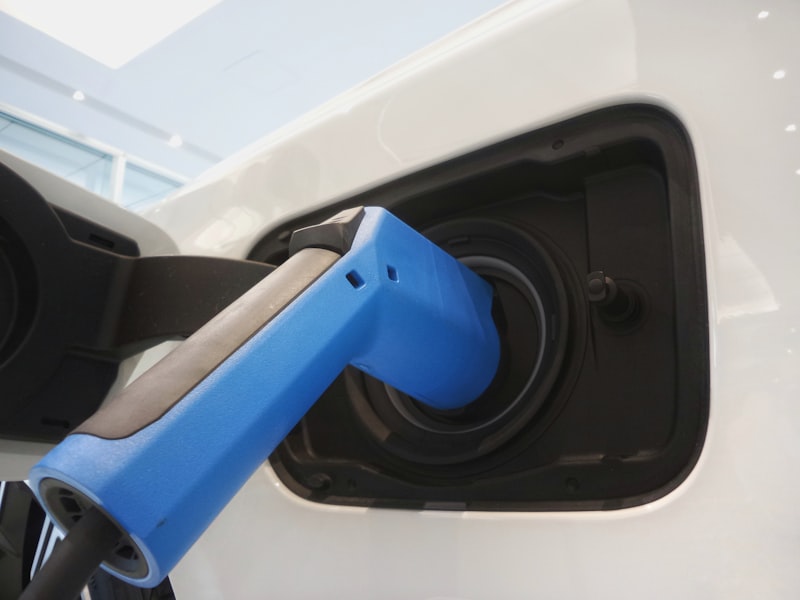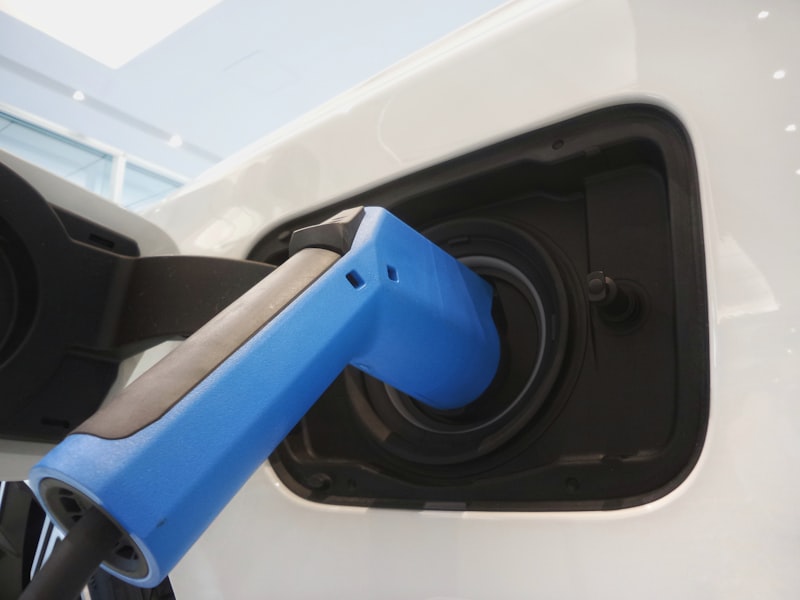
Hamburg Leads the Way in Climate Protection: Phasing Out Petrol-Powered Taxis by 2025
Hamburg is set to become the first state in Germany to phase out petrol-powered taxis by 2025. This move is expected to save 25,000 tonnes of CO2 annually and is part of the city’s commitment to reducing its carbon footprint. Currently, 12% of Hamburg’s taxis are electric or hydrogen powered and 2000 tonnes of CO2 are already being saved each year. The project has been met with positive feedback from both business owners and passengers, with 80% of locally emissions-free taxis being provided by FREE NOW. This decision serves as an example for other states in Germany and across Europe to follow when it comes to climate protection.
Strategies for Climate Protection
Climate protection is an important part of preserving our planet’s health. There are many strategies that can be used to reduce the effects of climate change. These include reducing energy consumption and increasing energy efficiency, investing in renewable energy sources such as solar and wind power, and promoting sustainable agriculture practices. Additionally, individuals can make a difference by taking steps like driving less, using public transportation more often, eating less meat, and recycling whenever possible. By implementing these strategies now we can help ensure a healthier environment for future generations.You might also like this article: AgTech startup investor from Palo Alto: AME Cloud Ventures. Picture source: Appolinary Kalashnikova






